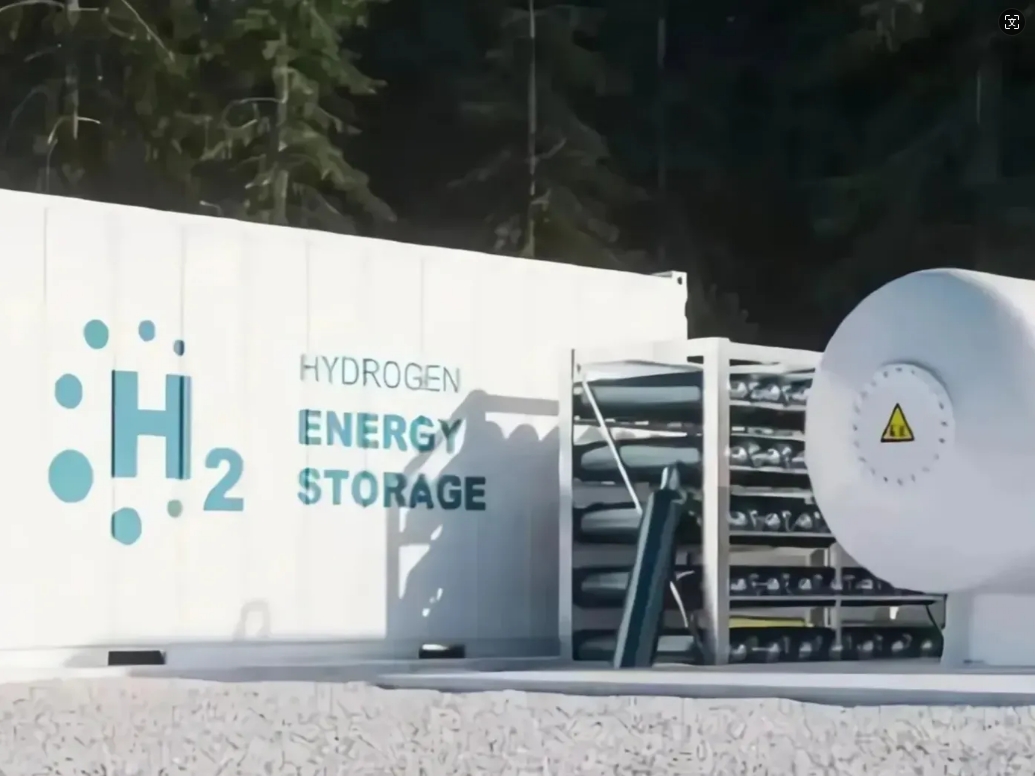Many countries have legislated to ban EPS foam
Economies & Policies
Mar 13, 2024
1360
Recently, U.S. Senator Chris Van Hollen (D-MD) and Representative Lloyd Doggett (D-TX) introduced legislation seeking to ban the use of expanded polystyrene (EPS) in food service products and other purposes. The legislation, known as "The Farewell to Foam Act" will ban the sale or distribution of EPS foam in certain products within the United States on January 1, 2026.
In addition, Europe, Japan, South Korea, Australia and other regions and countries have legislation prohibiting the import of industrial products with EPS foam packaging, or using environmental protection taxes that are increased several times to limit and eliminate imported products packaged with foam plastics.
Polystyrene foam (EPS board, also known as benzene board) is a common item in our lives, such as disposable tableware, foam filling for express delivery, and insulation materials in the construction industry. The widespread use of foam plastics has resulted in the deposition of plastics of all sizes in terrestrial and aquatic ecosystems. When foam plastics are released into the natural environment, they physically degrade quite rapidly.
Unlike PE, PVC or PP waste, styrofoam waste already exists on land in fine granular form. Therefore, it can absorb pollutants not only from the water, but also from the air and soil.
Furthermore, it is characterized by a large surface-to-weight ratio and porous structure, which further increases its adsorption capacity. It is possible that styrofoam fragments were introduced into the digestive systems of many different aquatic and terrestrial organisms. The possibility that foam dust may affect the respiratory system cannot be ruled out.
Those advocating for a ban on single-use EPS point to plastic foam as a source of microplastics in the environment because it does not completely break down. Although EPS is recyclable, it is often not accepted by curbside programs because they do not have the ability to recycle them, making its recycling and reuse a significant issue.
Disclaimer
1. The above remarks only represent the author’s own opinions and do not represent the position of this site;
2. When reprinting articles, please indicate that they are from "Plas.com (www.plas.com)" and include the author’s name. Commercial use requires authorization from the author and the website;
3. If there is any infringement, please contact the author directly, or send a written letter to our company for transmission and processing;
Latest News

Germany, Austria and Italy sign joint statement on Southern European Hydrogen Corridor

Sweden aims to reach net zero carbon emissions by 2045
